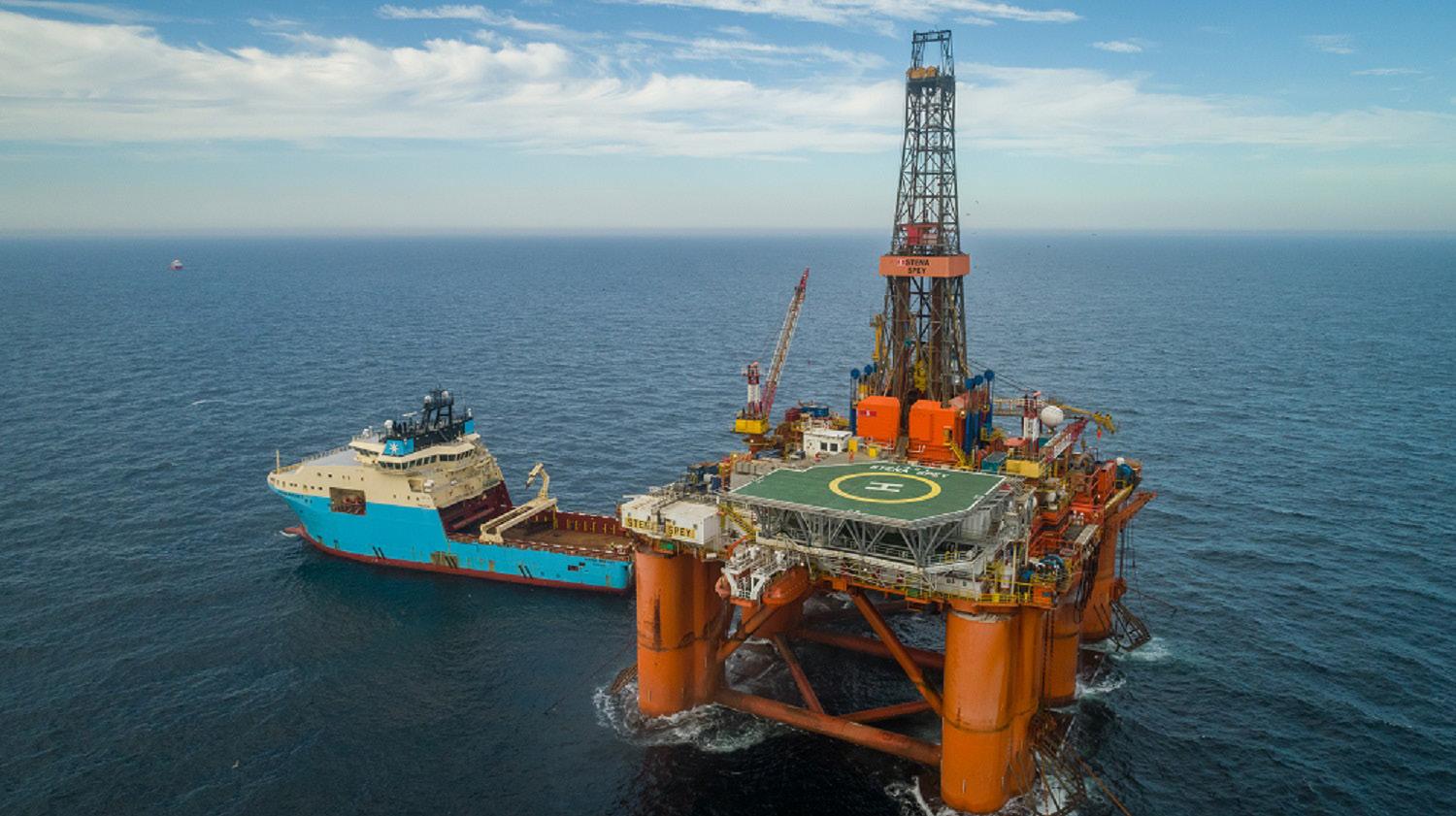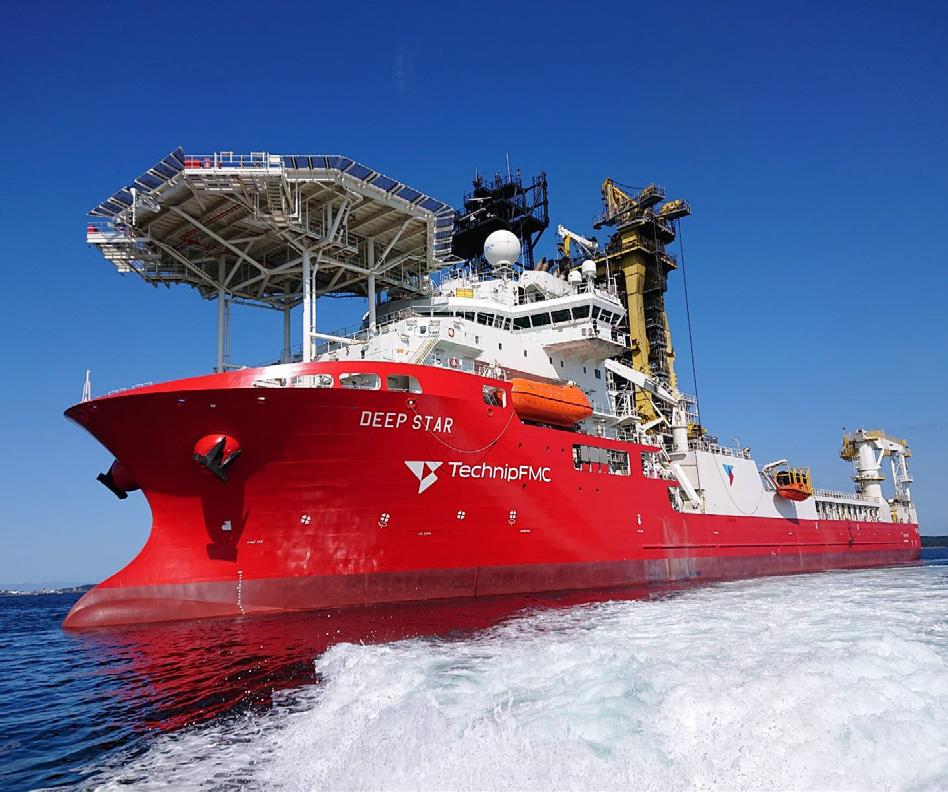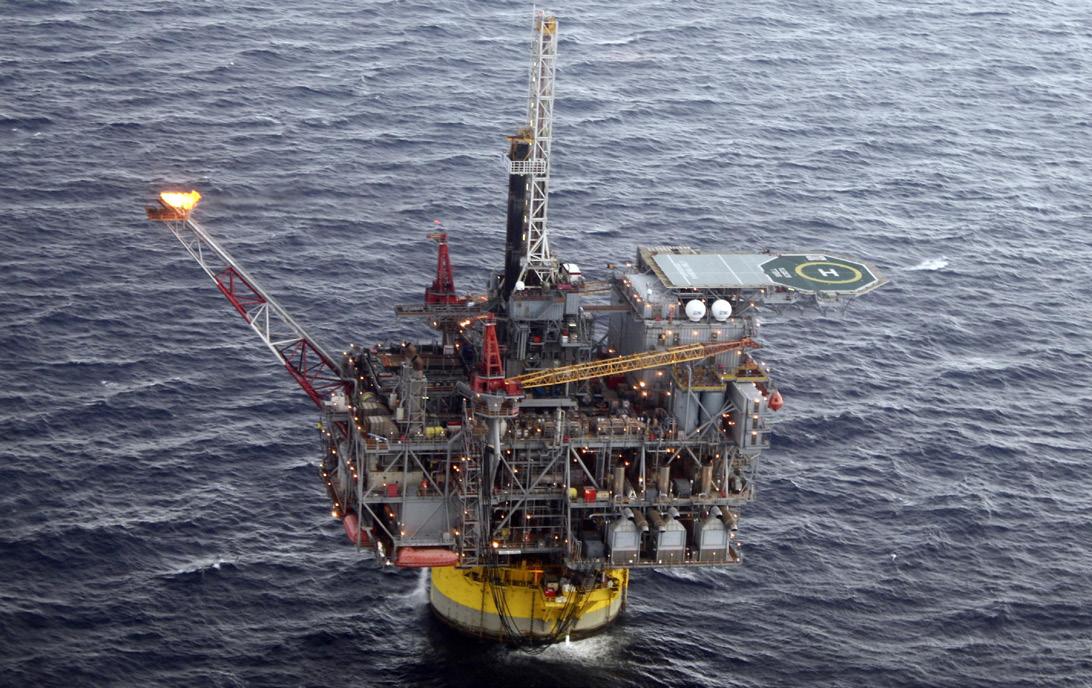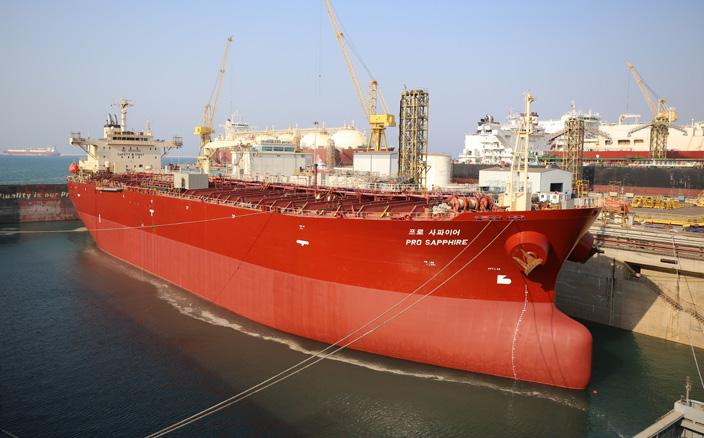Dockgate By Michael Grey OBE
Shipbuilding on Clydeside was the largest in the world at one point
Unhappiness with orphans Here is a little memory test for those of a certain age. How many shipyards finally closed, or ended up in the hands of the receivers, after they had taken orders for ‘one-off’ ships which they failed to deliver? I suppose that the older you are, the more you will remember. It is a phenomenon not confined to any particular country, although invariably those shipyards which were already struggling with inflation, a general lack of orders and economic downturns would have been lacking in resilience. Sensible shipbuilders, it might be thought, will avoid these ‘orphan’ orders like the plague, concentrating on series production or ships that are not beyond their technical abilities to construct. You don’t want to be learning on the job, as it were, with a ship or technology in which you and your workforce have little or no experience. Some shipyards have a reputation for tackling innovative designs, but it is clearly not for every shipbuilder. Another pointer might be to the potential problems you might get into with an owner who is unaccustomed to building new tonnage – such as a single ship that is to replace another, ordered by an earlier generation people of exceedingly conservative mindsets, who don’t really like change. I recall marvelling at a ferry built in the 1970s with a steam turbo-electric propulsion system (with a steam bow thruster, believe it or not). The owner didn’t think they could cope with a diesel installation. Other difficult clients spelling disaster for a shipbuilder might be governments or their agencies, who tend to be unaccustomed to the ship construction process and tend to believe that the specification might be entirely elastic, without any effect upon the ultimate price of the job. Scientists and shipbuilders are often uneasy bedfellows. Such agencies will invariably be indecisive about decisions, unaware of deadlines and ruled by committees which meet but infrequently. If can rack your memory, you can probably find examples of all these problems resulting in shipyards
Page 80 – www.shipandoffshorerepair.com
which exist only in the memories of those who knew them. But it is also a fact that many of these orders that went badly wrong were the consequence of a certain desperation, involving shipyards that saw their orderbooks evaporating. They bid for these orphans because they felt that there was no choice, or because of pressure from governments to keep the work from going abroad. Nothing dishonourable about that of course, if it came off, but too often it didn’t and there was a half-finished ship towed away to be completed elsewhere, and another yard consigned to oblivion. And frustrated owners thinking their unspoken – “wish we had gone to Damen” (or some other shipbuilder of proven competence, who probably wouldn’t stand too much nonsense from the client). In the UK, where the government has issued its ‘refreshed’ plan for shipbuilding, there appears to be some comprehension about these matters, as the need for continuity and the maintenance of a bank of expertise have been built into the strategy, which owes much to the
Dr Stuart Ballantyne














